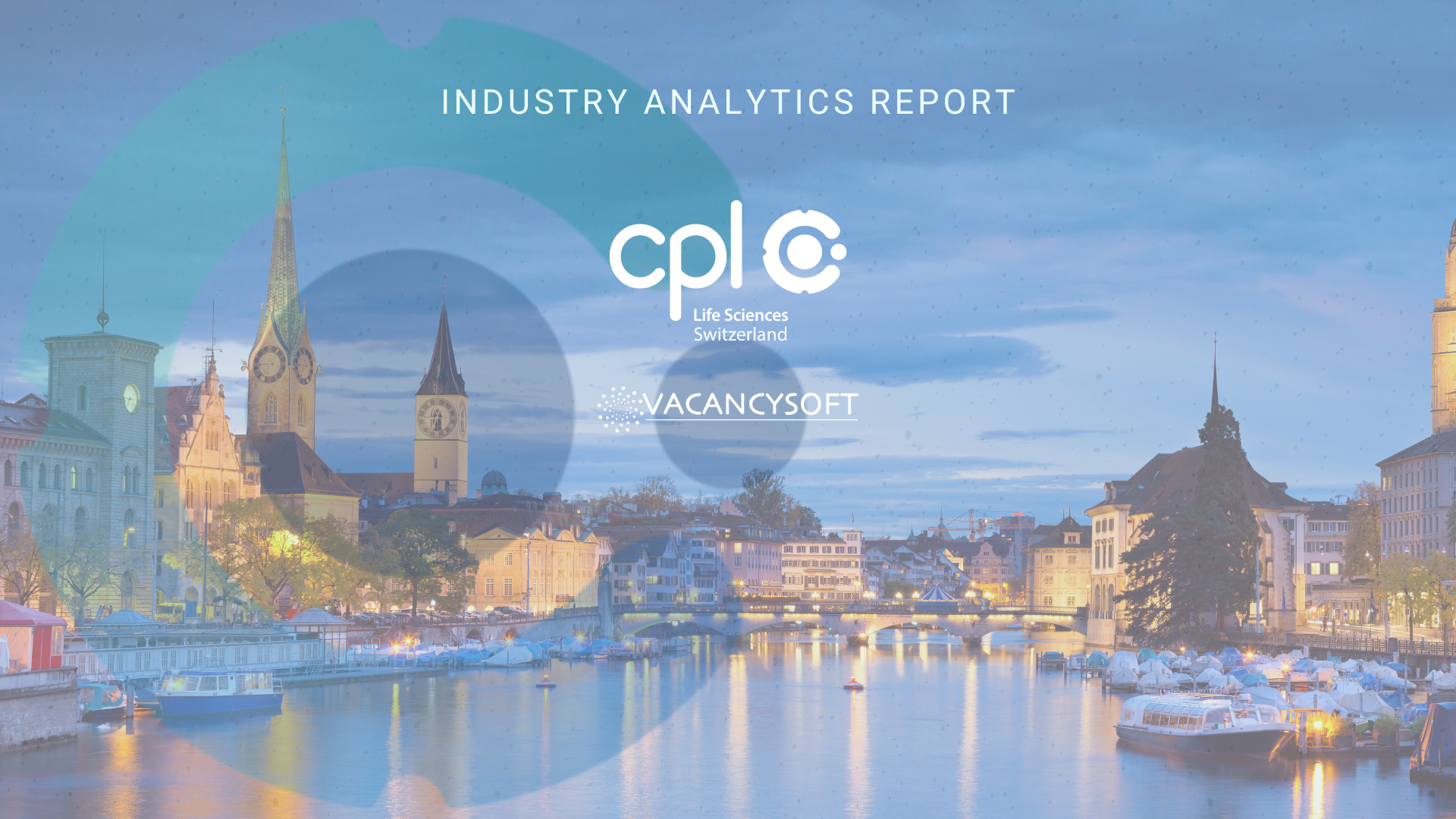Switzerland is home to a wealth of important activity in the life sciences sector, with a unique science ecosystem of organizations, languages, and legislations. This creates a complicated and exciting environment where people like to exchange information and ideas, which leads to significant innovation. The Swiss biotech industry generated revenue of CHF 6.7B in 2021 compared to CHF 4.9B in 2020. This notable uptick was largely driven by an increase in product sales, favorable onetime events from collaboration and licensing deals, as well as a general positive advancement of the product pipeline, causing regulatory approvals to continue at very high levels. Swiss biotechs raised CHF 3.33B—the second-best year in terms of financing. In total, CHF 2.51 billion were invested in public companies, including SOPHiA Genetics with CHF 234M (IPO & follow on), Bachem (CHF 584M), Idorsia (CHF 600M), CRISPR Therapeutics (CHF 229M) and Polypeptide (CHF 191M). The largest portion of the private capital, which in total amounted to CHF 817M, was raised by Anaveon (CHF 110M) and Numab Therapeutics (CHF 100M).
Unsurprisingly, in-line with these impressive figures, the requirement for highly skilled labor has also kept on track with the investment trends. The number of employees in Swiss research and development (R&D) biotech companies is still on the rise, despite a dip across November and December 2022 that impact the overall figures significantly. Pharma remains, by volume, the largest recruiter with 85% of all vacancies (also 5% growth last year compared to biotech and CROs) with the larger companies such as Lonza, Novartis, Roche, leading again. However, CRO vacancies have decreased in some cases by nearly 50%, perhaps indicating a trend of in-house hiring for roles such as clinical, regulatory, data and statistics, etc., although some of these areas have also seen a general decrease. The center of hiring remains in Basel with around 35% of vacancies; Visp and Zurich also remained strong growth areas for vacancies across 2022. We have also seen a trend for companies discussing and planning moving to new ‘hubs’, in areas such as Baar and Zug, particularly newer biotech start-ups that have access to office and facilities that suit their size and growth plans.
Interestingly, when you look at specific functions in detail, the figures show a shift in growth from R&D roles, where scientific and QA/QC remain very high, to increases of around 15% for some of the back-office functions, such as IT professionals and marketeers. Research and Development (R&D) has traditionally seen the highest concentration of all roles within the Swiss life sciences market, coupled with a demand for specific language skills. For life sciences organizations considering which area of their hiring needs to be the most agile, it is critical it is Quality Assurance (QA). Competition is ferocious. The QA candidate journey should be swift and positive at each stage—Cpl can support and guide you through this talent journey with expertise in each part of the process.

Sarah Goddard
Country Director, Switzerland

To view the full report please click here
